7 grilling mistakes you didn’t know you were making
Avoid these 7 grilling mistakes at all costs
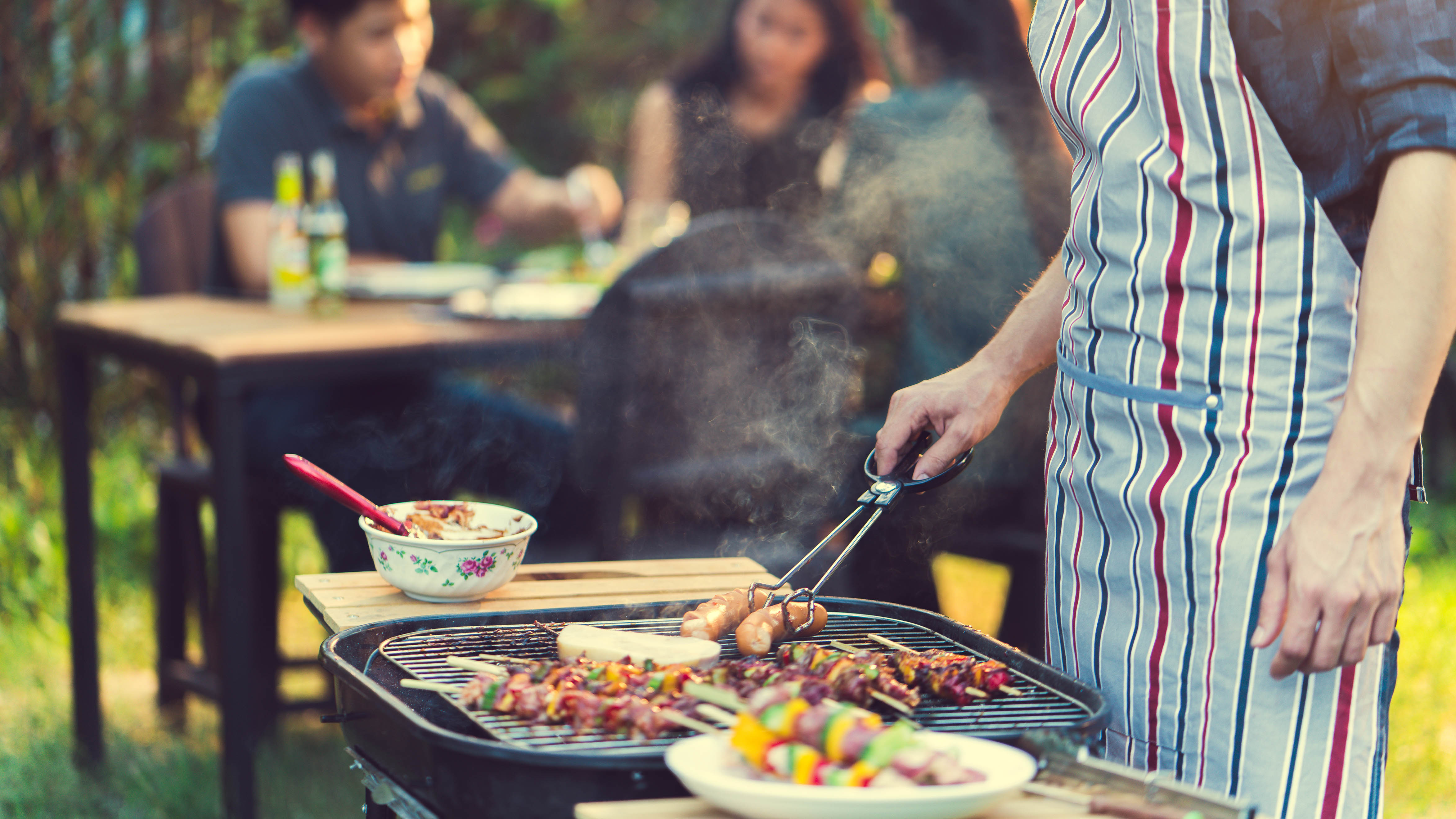
With spring in full swing, temperatures are on the rise. So much so, that some of us are already pulling the best grills out of storage and cooking up a storm. Whether you prefer burgers, hotdogs or skewers, the recipe possibilities are endless with one of these appliances. And they’re a great way to socialize and bring people together to boot.
But, whether you’re confident with your machine and know every grilling tip and trick, or a newbie, there are several mistakes which are easy to make here. Mistakes which can impact the quality of what you’re cooking as well as the grill itself.
Avoid these errors, and you can improve the performance of your grill as well as help it last longer. Keen to learn all about it? Here are 7 grilling mistakes you’re making right now.
Plus, you'll need to have one of the best grill brushes.
1. Not cleaning your grill
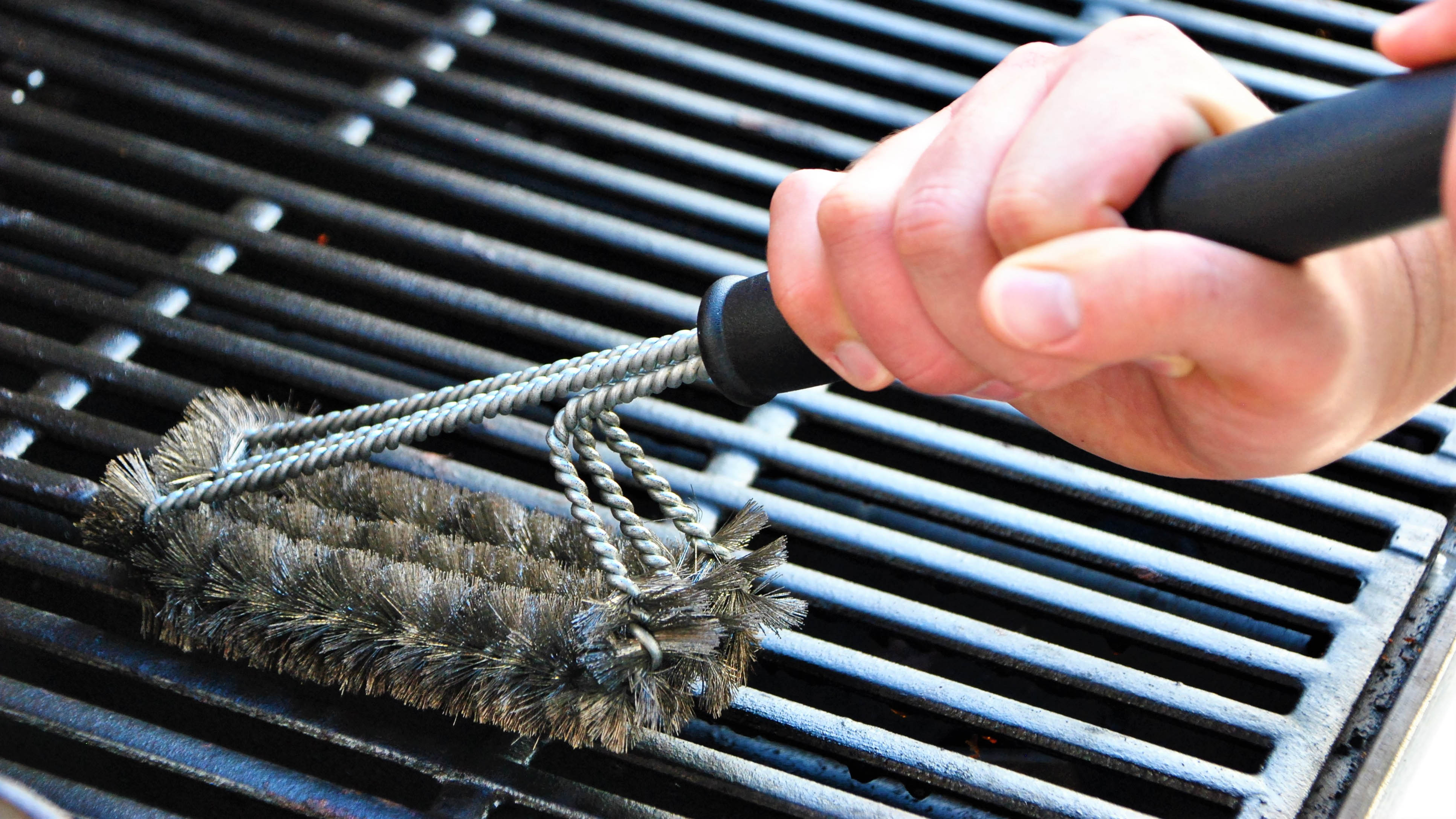
The first and most common mistake is not bothering to clean the grill between uses. This isn’t surprising when you consider how awkward some of these appliances can be to clean, but this chore is essential. Otherwise, grease, stains and residue will accumulate and impact the flavors of what you cook, not to mention bacteria and germs, as well as carcinogens, can transfer to your food between meals. In extreme conditions, dirt can even clog the components and impact the grill's ability to function. Excess grease could be a fire hazard on top of this. These are just some of the reasons for why cleaning your grill is so important.
Cleaning your grill needn’t be so much hassle. The grate is the main part to focus on, and this can be cleaned quickly and easily once it’s cooled using a metal brush or spatula. Although if you’re scrubbing stainless steel, cast iron or porcelain, something softer will be required, such as a microfiber cloth. Should stains persist, you can soak the grates in hot, soapy water before scrubbing. Although, don’t soak cast iron grates — this will lead to rust.
A deep clean should be conducted every 2-3 months. For full instructions on how to do this, see how to clean a grill. Thoroughly clean your grill before storing it for a prolonged time as well.
Sign up to get the BEST of Tom's Guide direct to your inbox.
Get instant access to breaking news, the hottest reviews, great deals and helpful tips.
2. Not preheating your grill
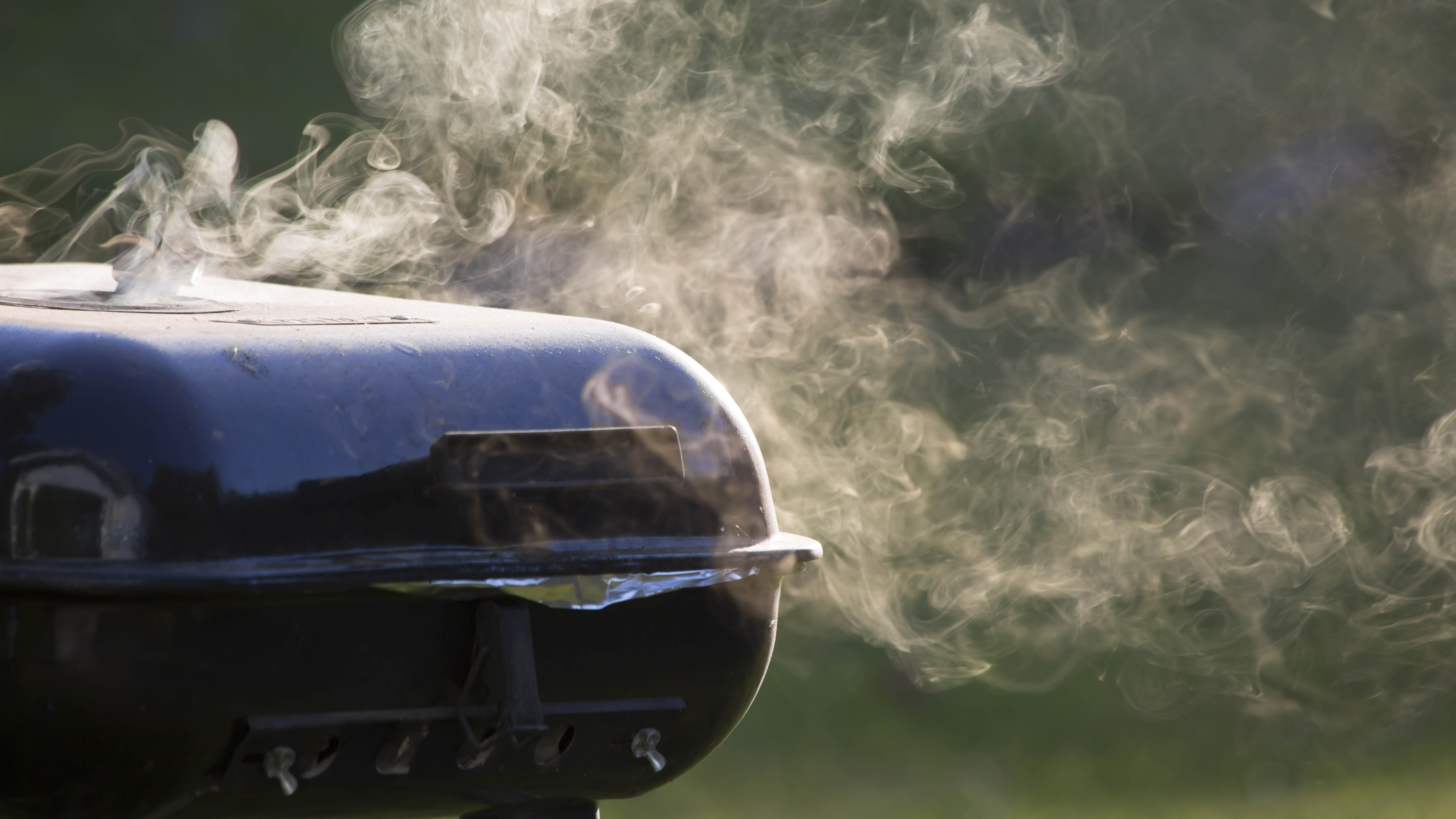
While your grill might produce an immediate flame and heat source, you shouldn’t start cooking on it right away. Just like your oven, your grill requires time to warm up and distribute the heat, allowing the grates as well as the cavity to reach appropriate temperatures. Cooking on it before it’s reached this stage will give you uneven results which lack a sear. Food will also stick and tear under such circumstances
Give your grill sufficient time to preheat. The time needed will vary depending on its size and power as well as the type of grill. But, your manual should come with instructions to clarify — usually 10-15 minutes is needed. Remember to leave the lid closed as you preheat your grill, and once it’s up to temperature only open the lid when necessary. Each time you open the lid, the temperature within will vary. Either the heat will escape from a gas grill, which in turn makes your grill work harder, or the added oxygen will make coal-type grill burn hotter, increasing the temperature. In either case, don’t peek unless essential.
3. Forgetting to oil the grates
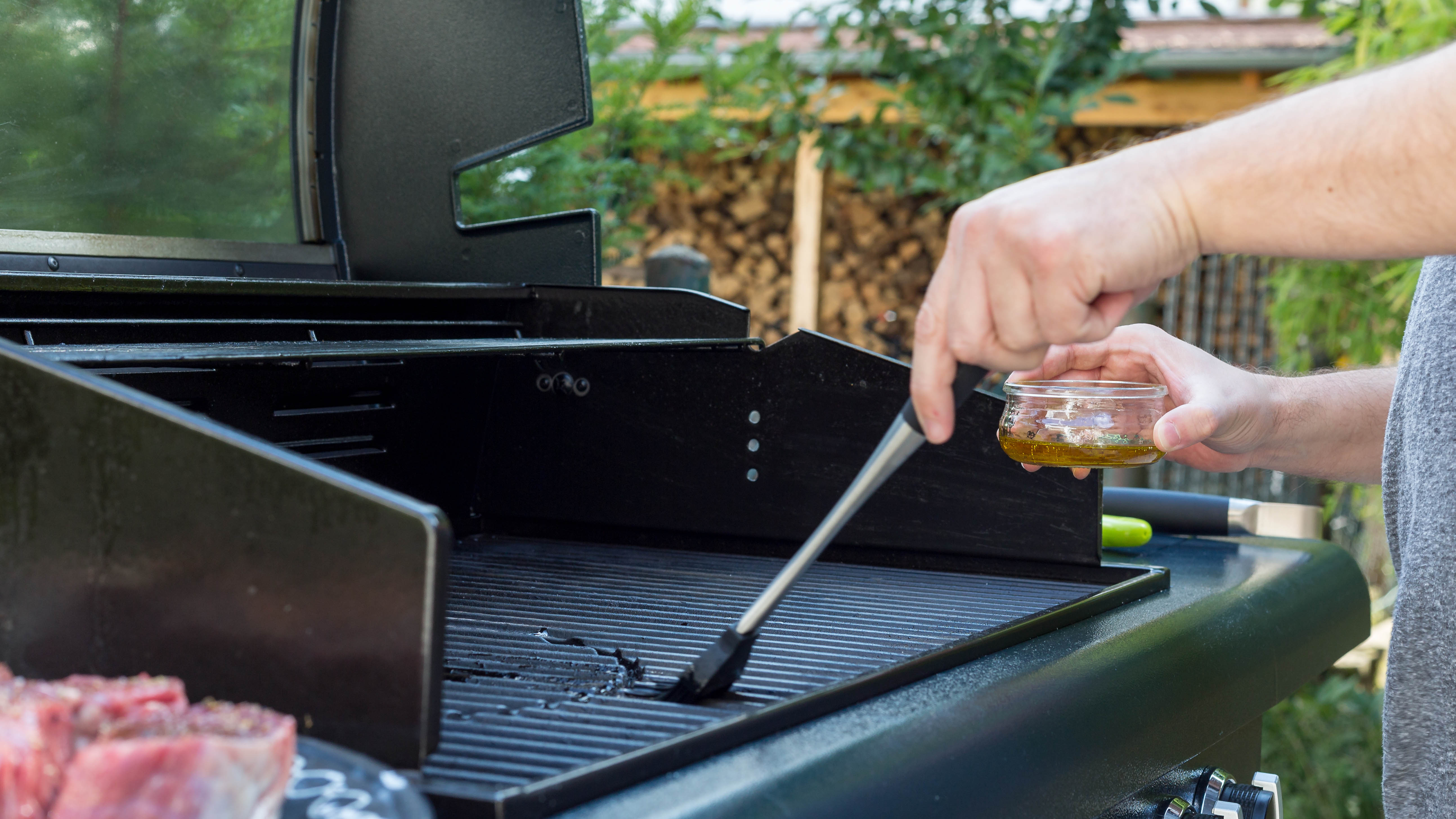
Your grill unfortunately isn’t ready to cook from the get go — there’s a few preliminary steps you should take first. One such step is oiling the grates before you start cooking. Forget to do this and items can stick and tear quickly. Before you know it, your burgers are in bits and pieces, and anything you can’t remove will burn in place.
Oiling your grill is quick and simple. While the appliance is warming up, apply vegetable oil to a folded paper towel (fold it into a wad). Then, using a pair of tongs, apply this to the grates in a back and forth motion, moving in the direction of the grates. Rub the paper towel against the grates until they appear coated in oil.
You could alternatively apply the oil using an appropriate heat-proof brush; this would make the task less cumbersome. Never spray oil directly on hot grates via an aerosol can — this could react to the high heat and explode.
As the grill preheats, the oil should start to smoke. That’s a sign that it’s reached the appropriate temperature for cooking.
4. Mishandling meat
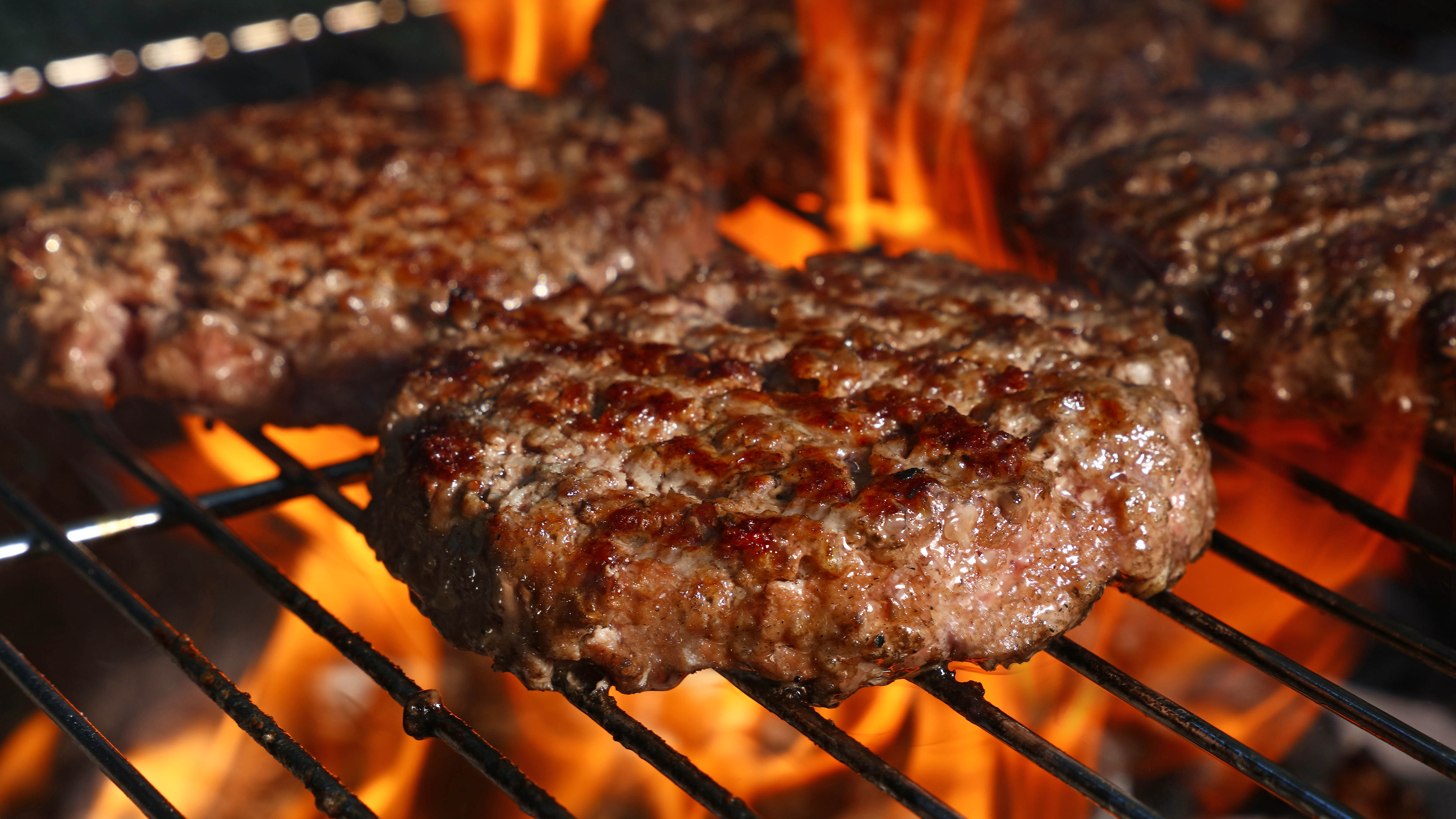
There is such a thing as mishandling meat as you grill, and many of us are guilty of it.
For instance, if you continually prod and move the items around as they cook, you’re making a mistake. Unless you’re flipping or rotating, this won't achieve anything, other than ruining the sear. The sear helps seal in the juices, so this is something you want to keep.
Likewise, avoid flattening any patties with your spatula. While this will make a satisfying sizzle and you may think you’re speeding up the process, it’s actually just squeezing out the internal juices, which ruins the final result. It’s better to leave burgers alone while cooking and only intervene to flip once you’re sure of the sear. If you're ever unsure of whether the meat has fully cooked, use one of the best meat thermometers for an accurate reading.
5. Cooking the wrong foods
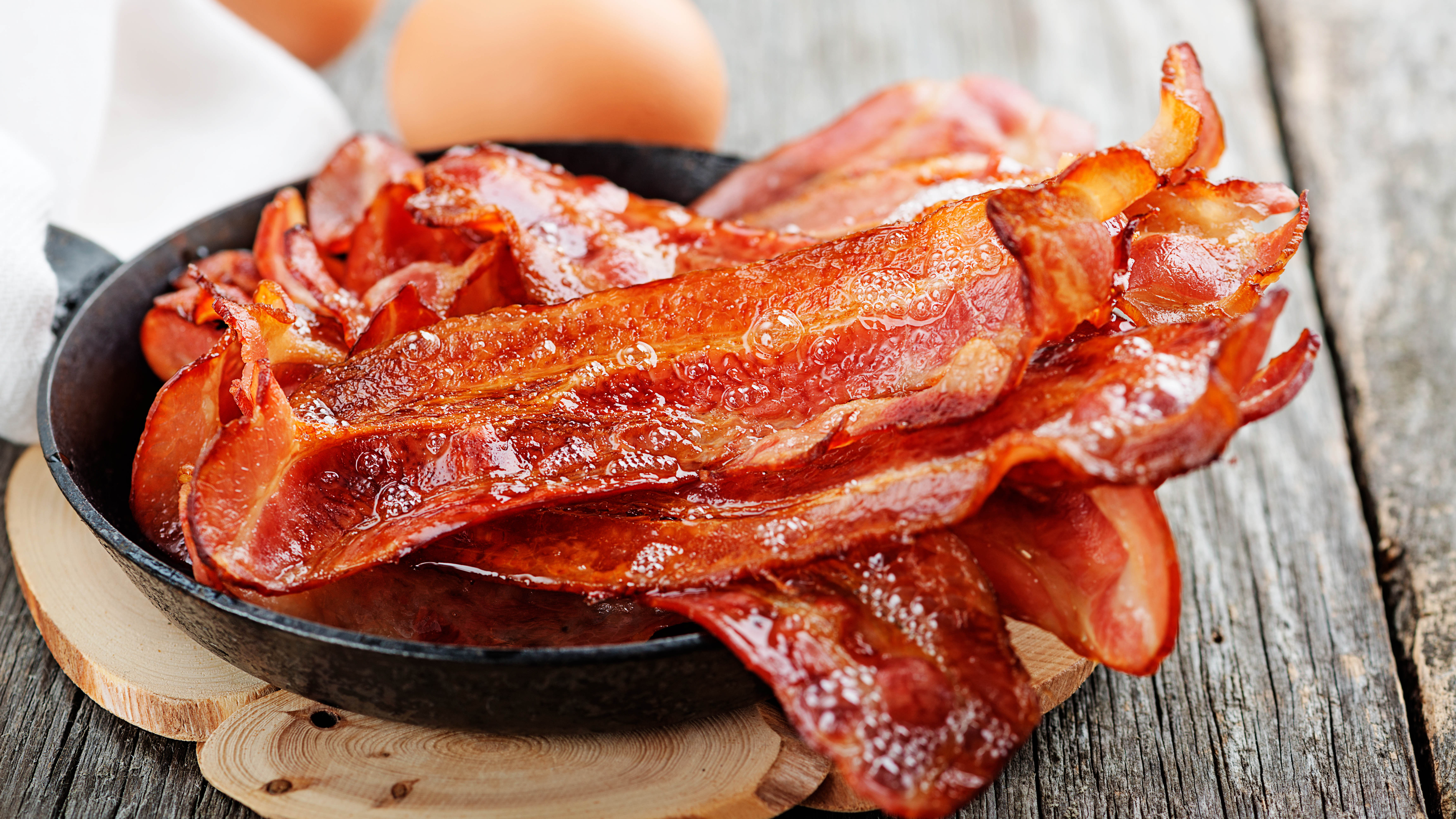
Believe it or not, your grill can’t cook everything. There are certain items which should be avoided, otherwise it can result in a mess or even a fire hazard. For instance, delicate fish will flake into bits on a grill, making it very difficult to clean up after. And while you might love bacon, this is a big no no for the grill too. The bacon grease can splatter and easily catch fire.
We wouldn’t recommend pork chops for the grill either. While pork shoulder or ribs would be fine, chops generally have a low fat content, which means they can dry out quickly when subjected to a hot grill. For more items to avoid, see 7 foods you should never cook on a grill.
6. Positioning it incorrectly
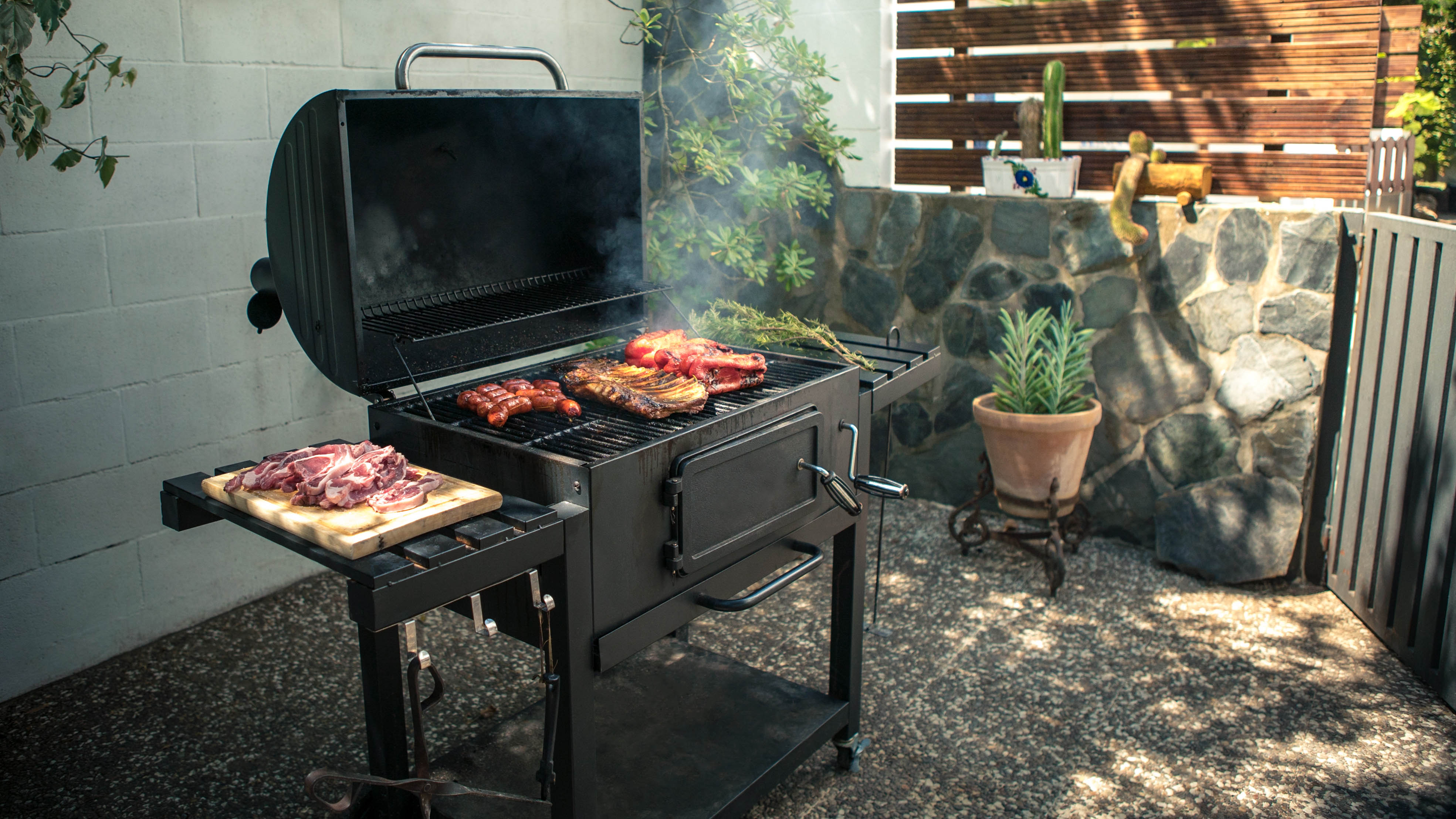
Location is everything with your grill, for safety as much as performance reasons. Your grill should be situated on a stable and even stone surface with nothing flammable in the nearby vicinity. This includes the likes of low-hanging branches and shrubs.
It should be at least 10 feet away from your home, with no power lines or gazebos directly above it. Do not place your grill directly on the grass — this would be a potential fire hazard. A stone patio is generally a suitable surface, although your grill still needs to be an adequate distance from your home.
Once you’ve got your positioning sorted, you need to consider whether the conditions outside are appropriate for grilling. High winds may make this activity dangerous, particularly if you’re using a charcoal grill. Even if the winds are low, it’s worth checking its direction to make sure it won’t blow the residual smoke directly into your guests. Grilling in overly dry conditions isn’t best practice either — fire hazards are all the more likely. Ideally, you want clear blue skies and low winds for grilling.
7. Using the wrong grill
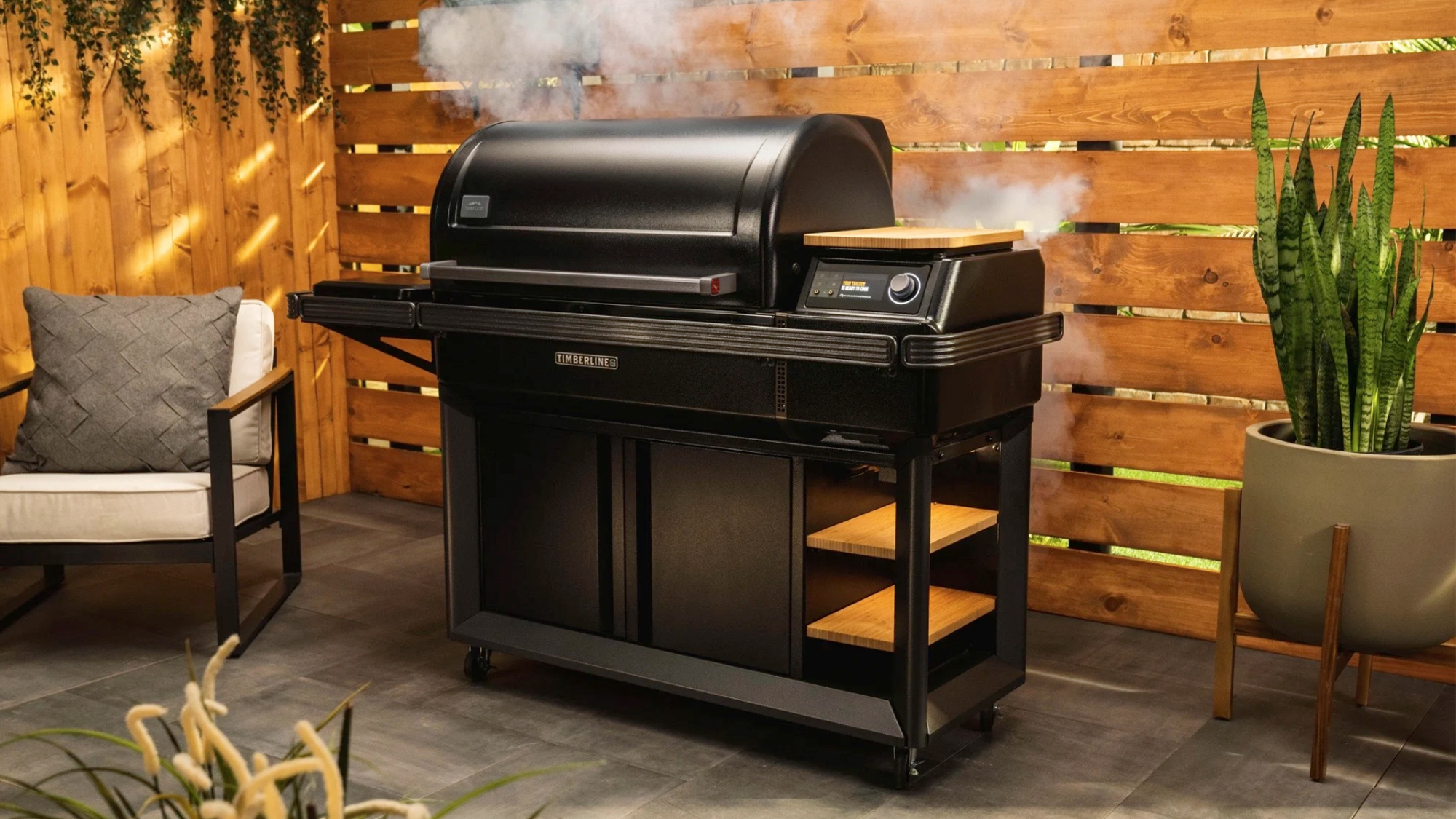
A final mistake is using the wrong grill. Even if you make every effort to avoid the above mistakes, using the wrong grill can impact the cooking performance and leave you with undesirable results. Use the right grill, and it can improve the process as well as your cooking.
If you want to know which grill to use, we can help. We’ve done the research to find the best options for every grill-type. Whether you want charcoal, gas, pellet or electric, we’ve got the answer. These are the best grills you can buy.
More from Tom's Guide

Katie Mortram used to be a Homes Editor for Tom's Guide, where she oversaw everything from kitchen appliances to gardening tools, as well as smart home tech. Specializing in providing expert advice for cleaning and home manintenance, she now works as Household Advice Editor for Good Housekeeping.
-
mike123guess First of all never ever use a wire brush on a grill unless you want you or your guests to wind up in the ER with a wire stuck in their throat. Cleaning a grill is unnecessary if you properly preheat as there will be no germs left. At that point you can easily remove any carbon with something that won't scratch and ruin your grill. That way you avoid rust and/or damaging porcelain depending on the type of grill.Reply
